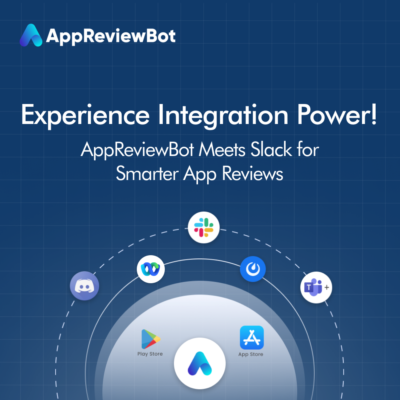There’s little doubt about it: Our economy is changing. That’s in large part due to the coronavirus pandemic, but it’s also because long-time economic shifts that have in the past taken years (or even decades) to change are now speeding up dramatically. To be sure, massive temporary business closures intended to limit the virus’ spread have put the squeeze on small businesses and their employees. Unemployment rates have skyrocketed around the world, and most countries around the world are facing a serious and deep recession. What’s more, incomes are falling, and the middle class is shrinking.
But our economy isn’t the only thing that’s changing. Family demographics have shifted, too. It’s no secret that single-family households have been on the rise for several decades, and today less than half of all households have two parents. And while marriage is still the primary form of coupled partnership, unmarried cohabitation is on the rise. Meanwhile, about 20 percent of all U.S. households are now intergenerational, meaning that one or more grandparents are living with the core family members.
Among these shifts, some fintech entrepreneurs are finding opportunities to support the hard working middle class. That’s certainly the case for this week’s guest on the Fintech Growth Talk. Brian Hamilton is the Founder and CEO of One, a digital challenger to banks.
“We founded One to address a serious and growing situation for the average family,” says Hamilton. Working and middle class families are being left behind, more and more are living paycheck to paycheck, and there are fewer safety nets. There have been a lot of job losses, loss of income as a result. Income has stagnated for decades when accounting for inflation.
And the traditional banking sector really hasn’t kept up with these shifts, which is why customers turn to challengers like One, whose mission is to return real value to their customers. That comes in various forms, such as high-yield savings accounts, lower interest rates on loans, and built-in tools to automatically help customers build healthy financial habits.
Of course, there’s the improved user experience that many customers seek, as well. In fact, unlike some other challengers, One offers both a mobile and desktop version, which is particularly helpful for their customers who don’t always have the latest mobile technology at their fingertips.
Hamilton says that One’s priority is to offer everything in one place, but particularly the things that traditional banks tend not to offer. A key part of that is One’s savings tools, for example paycheck Auto-Save, which allows customers to automatically save up to 10 percent of their paycheck direct deposits and card Auto-Save that automatically rounds up purchases into a high-yield savings account. Another key feature customers love is being able to easily share money with whoever they want with Shared Pockets. There is also the Early Paycheck feature that enables customers to get paid a few days earlier and a flexible Credit Line in case they need it. Hamilton believes these not only help people feel more confident when they make purchases, but also can have a real impact on how people live their lives.
And that’s the bottom line for Hamilton. Helping people by giving them the financial tools to build better financial habits. It’s a huge advantage that traditional banks seem to be ignoring. Of course, that’s perfectly fine for Hamilton and other challengers, as that represents their key opportunity for growth.
Brian is the Co-Founder and Chief Executive Officer at One, a digital challenger to banks focused on restoring financial health for middle class families through innovative credit and savings products. Prior to One, Brian was the Founder & CEO at Azlo, one of the largest challengers to banks for freelancers and small businesses owners in the U.S. A serial entrepreneur, Brian has 25 years of finance and technology experience across credit, payments, digital product and executive leadership.
Listen to our full interview with Brian Hamilton here:





 0
0



